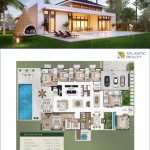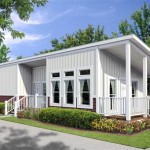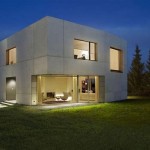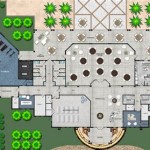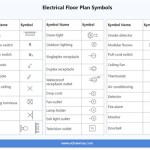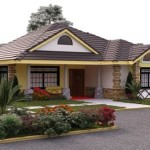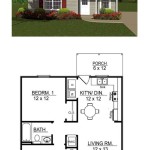Essential Aspects of Sloped Lot Home Plans: Unlocking the Potential of Uneven Terrain
Embracing the unique challenges and opportunities of a sloped lot can lead to captivating homes that seamlessly blend with their natural surroundings. Sloped Lot Home Plans require careful consideration of various factors to ensure a sustainable, functional, and aesthetically pleasing outcome.
1. Site Assessment and Utilization
A comprehensive site assessment is crucial. Determine the slope's gradient, soil conditions, sun exposure, and drainage patterns. This information guides the home's placement, foundation design, and landscaping choices. Proper grading and retaining walls help manage water flow and prevent erosion, ensuring long-term stability.
2. Foundation and Structural Considerations
Sloped lots often require custom foundation designs. Options include crawl spaces, basements, or slab-on-grade foundations. The foundation must accommodate the slope and provide adequate support for the home. Structural elements such as beams, joists, and shear walls are engineered to withstand the unique forces imposed by the terrain.
3. Entry and Access
Planning for convenient access to the home is essential. Driveways and walkways should be designed with safety in mind, incorporating ramps, steps, or retaining walls to navigate the slope. Strategically placed windows and doors enhance natural light and provide views of the surroundings.
4. Living Spaces and Floor Plan
The floor plan should take advantage of the slope's contours. Split-level designs, for example, create distinct living areas on different levels, maximizing space and capturing natural light. Open floor plans promote a sense of spaciousness and flow, while designated nooks and cozy corners provide secluded retreat areas.
5. Outdoor Living and Landscaping
Sloped lots offer ample opportunities for outdoor living. Tiered decks, patios, and balconies extend the living space seamlessly into the surrounding landscape. Native plants, rock gardens, and water features complement the natural terrain, creating visually appealing and environmentally sustainable outdoor environments.
6. Views and Natural Features
Take advantage of the views offered by the sloped lot. Position windows and balconies to capture panoramic vistas or focus on specific natural features. Incorporating large windows and sliding glass doors maximizes light, brings the outdoors in, and creates a sense of connection to the surrounding environment.
7. Energy Efficiency and Sustainability
sloped lot home plans can optimize energy efficiency by utilizing passive solar design. Large windows on the southern side allow for natural heating during winter, while overhangs minimize excessive heat gain in summer. Energy-efficient appliances, insulation, and renewable energy sources reduce environmental impact and lower energy consumption.
Conclusion
Designing a home on a sloped lot requires careful planning and attention to detail. By considering the unique characteristics of the terrain, incorporating innovative design solutions, and embracing the potential for outdoor living, you can create a captivating and sustainable home that embraces the beauty of its surroundings.

Plan 51696 Traditional Hillside Home With 1736 Sq Ft 3 Be

Looking For The Perfect Affordable Cottage With A Large Covered Balcony Plan 1143

Modern House Plan Sloping Lot Contemporary Style 5590 Vista

House Plan Ch501

House Plans Home Designs

Plan 6865am Contemporary Home For A Sloping Lot House Plans Craftsman

Sloped Lot House Plans Down Slope The Designers

A Guide To Sloping Lot House Plans

Duplex For A Down Sloping Lot 8188lb Architectural Designs House Plans
House Plans Home Designs Building S Builders Buddy

